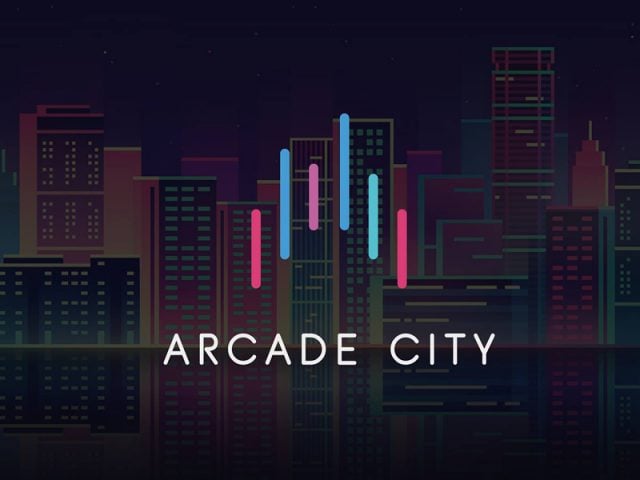
By Jamie Redman,
The decentralized ride-sharing startup Arcade City recently revealed its preliminary white paper and token plan. The paper “Arcade City: Blueprint for a New Economy” explains some of the team’s ideas for its native token ARC and its tentative ICO planned for Q4 of this year.
Arcade City Shows The Public The Startups Initial White Paper
 Arcade City is a community of peer-to-peer ride sharing providers and consumers. The team plans to “reinvent the sharing economy” with its platform and community in an entirely different way than Lyft or Uber. The project began in 2015 in response to the banning of Uber in Portsmouth, New Hampshire. Since then the idea went viral, and the developers of Arcade City tested their platform in other cities such as Austin as well.
Arcade City is a community of peer-to-peer ride sharing providers and consumers. The team plans to “reinvent the sharing economy” with its platform and community in an entirely different way than Lyft or Uber. The project began in 2015 in response to the banning of Uber in Portsmouth, New Hampshire. Since then the idea went viral, and the developers of Arcade City tested their platform in other cities such as Austin as well.
Following the testing, in several regions, the project had continued to gain popularity. This past September the startup also released its highly anticipated mobile applications. Now in order to expand and scale the service, the project is creating its own native currency based held on the Ethereum blockchain. The Arcade token ARC will be utilized to facilitate transactions within the Arcade City network. The preliminary white paper explains:
Arcade City is issuing an Arcade token (ARC) on the Ethereum blockchain. The ARC token is intended to be the primary means of paying for services in the Arcade City ecosystem. Other payment methods will be supported, but ARC token payments will be incentivized via lower fees, built-in referral commission, reputation points, and other incentives customizable by developers and group leaders.
The Arcade City Network Will Start With An ICO

To initiate the distribution of ARC, the startup is having a token sale ICO. According to the preliminary white paper, 100 million tokens will be issued, and 84 percent of the ARCs will be sold to the public. Over the course of four weeks, users will be able to purchase the altcoin by sending funds to an Ethereum smart contract.
The remaining funds will be allocated in a variety of ways with a percentage to “reward and further existing corporate, community, and investor stakeholders.” Five percent will be immediately issued to investor stakeholders. Another ration will be held for two months and then vested for a ten month period. The remaining ARC funds will be deployed for the development team and ARC rewards.
Another aspect of the white paper describes the Arcade City Council. The council will be the platforms form of governance with seven members at the helm. The members include Christopher David, Lauren Slade, Jennifer Williams, Kristien De Wachter, Stefaan Ponnet, Michael Thuy, and Ben Adriaenssen. The council will make decisions and maintain the budget with a multisig wallet. Five out of seven signatures will be required to initiate fund directives.
‘Becoming A Fully Decentralized Self-Sustaining Economy’
The rest of the white paper details many of its other initiatives in great detail. The entire report is roughly fifteen pages describing Arcade City’s advisory board, infrastructure, dispute resolution, creating guilds and more. Arcade City explains that all of these efforts will bring the platform on a path “to become a fully decentralized self-sustaining economy.” The white paper describes how it will keep sustenance throughout the next few years:
“The Treasury has the goal of reaching 20M USD (equivalent to ARC tokens) to drive the ecosystem for the 2nd and 3rd years. Once this cap is reached, the Council can adjust the transaction fee to 0%. After three years the managing of the Treasury will be turned over to the community.”
The creators of Arcade City have an ambitious project on their hands but seem to have a solid road map. There were initial doubts about the startup’s mobile application release but the company delivered as promised. Taking on Uber and others will be a difficult task but Arcade City hopes its decentralized aspects will trump these incumbents. There is no doubt many eyes will be on this project to see if it succeeds.
The white paper described in this article is subject to change as it was described as a preliminary draft from the startup.
